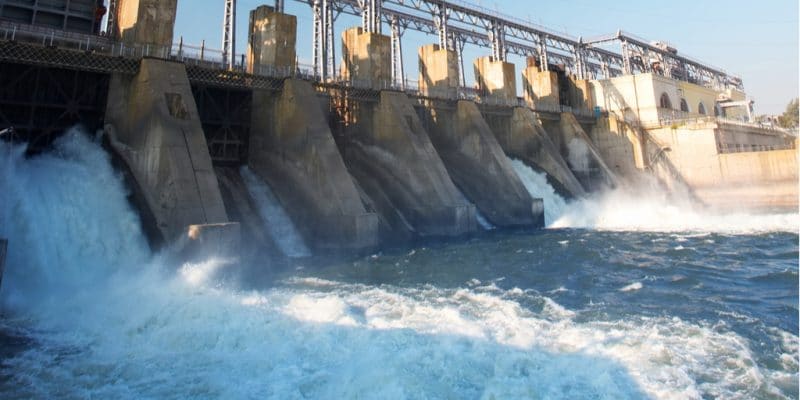The Egyptian Ministry of Electricity has recently requested additional land from the National Centre for Planning State Lands Usage (NCPSLU). The site will be used for the construction of a pumped storage hydroelectric power plant at Attaqa, in the Gulf of Suez in northeast Egypt.
New developments in the project to build a pumped storage hydroelectric power plant in Attaqa, Egypt. The Egyptian Ministry of Electricity recently applied to the National Centre for Planning State Lands Usage (NCPSLU) for land for the construction of the infrastructure. If the property is granted to the government, the project site would then have a surface area of 168,000 m2 in Attaqa, in the Suez Governorate in eastern Egypt.
Authorisations had already been granted by NCPSLU for the construction of the hydroelectric power plant on 84,000 m2 of land. However, Sinohydro, the company responsible for building this infrastructure, estimates that it will take up more space.
A major energy storage project
The Egyptian authorities have awarded the Chinese state-owned company Synohydro the engineering, procurement and construction (EPC) contract for the Attaqa turbine-pumped hydroelectric power plant. Unlike other EPC contracts, Sinohydro also provides financing for the project.
As its name suggests, a pumped storage hydroelectric power plant produces electricity through a unique and reversible system. In other words, the plant operates with two tanks (upper and lower). The water from the upper reservoir flows down into the lower reservoir by rotating the turbines of the hydroelectric power plant. The water in the lower tank is pumped back into the upper tank, and so on.
Even more interesting, the pumped storage hydroelectric power plant is generally built to back up the national power grid. It is activated during peak hours when network capacity declines. The Attaqa power plant will have a production capacity of 2,400 MW. The Egyptian authorities have chosen the consortium made up of the French company Artelia and AF-Consult Switzerland, a company based in Baden, Switzerland, as the project’s consulting firm.
According to Artelia, the Attaqa hydroelectric power plant will be the first power plant in the Middle East to produce electricity from hydroelectric power plants using pumping and storage. It will take 7 years to build, with an investment of $2.6 billion. Exim Bank of China is willing to finance the project. In addition, the agreement on the interest rate, the repayment period of the loan, and the grace period are being negotiated. The conclusions will be known by the end of June 2019. The Egyptian authorities will reimburse the funds invested by Sinohydro after the commissioning of the Attaqa pumped storage hydroelectric plant.
Jean Marie Takouleu







